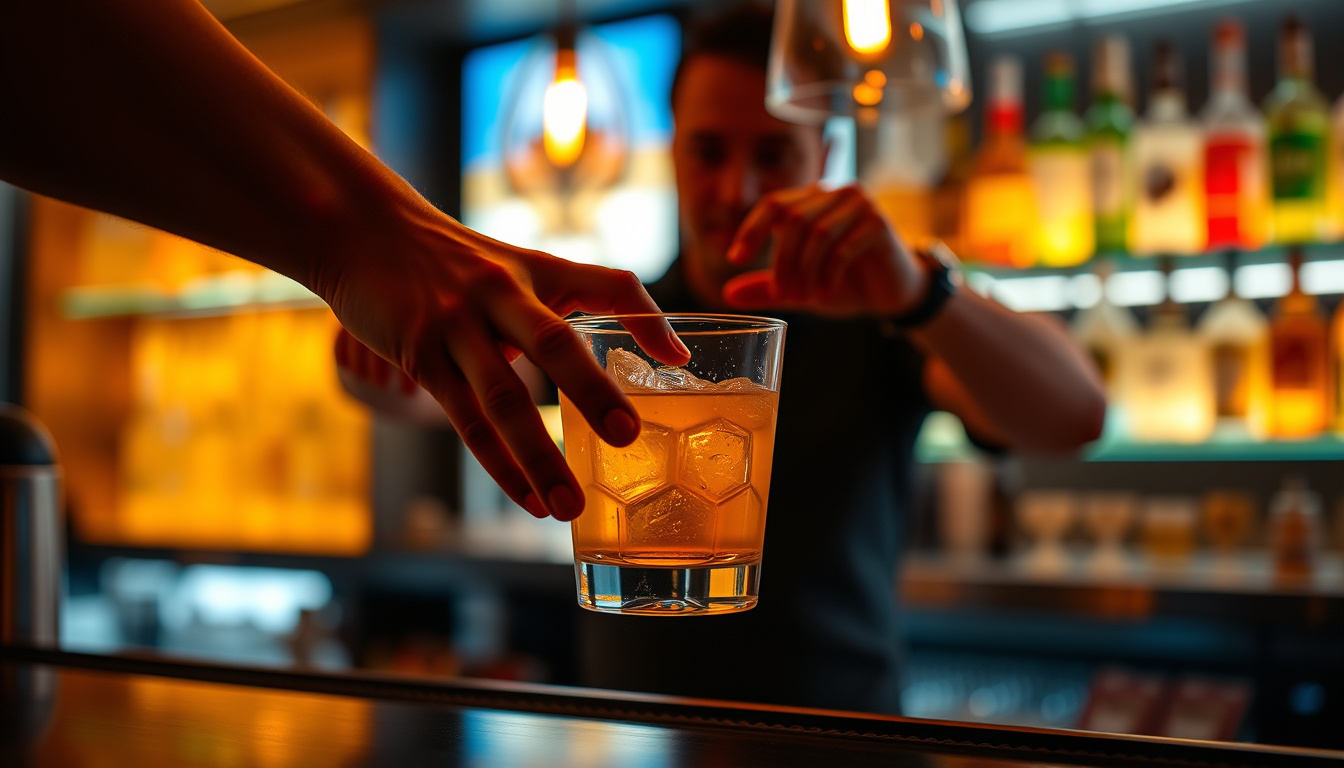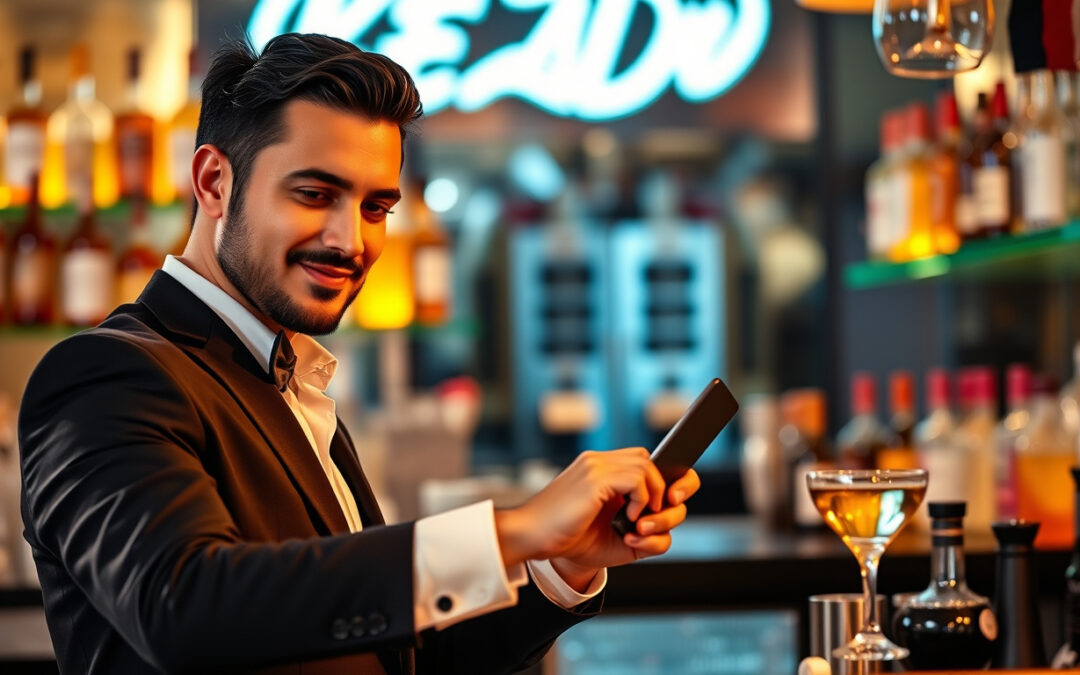In the hospitality industry, service and law connect. Responsible beverage service is more than a legal duty. It protects customers, reduces risk, and supports community standards. Establishments sell and serve alcohol while following clear rules. This article explains practices that make alcohol sales safe and legal.
Understanding Responsible Beverage Service
Responsible beverage service means following clear rules. Servers, bartenders, and managers learn. They learn to spot problems. They check IDs, see signs of intoxication, and know when to stop serving. This practice protects minors and helps avoid alcohol misuse. It also meets local and state laws.
When establishments follow these steps, they avoid fines, lawsuits, and license issues. They help keep both customers and communities safe.
Why Responsible Beverage Service Matters
There are many reasons to serve alcohol safely:
- Legal rules need trained staff.
- Public safety improves when service is moderate.
- A safe service builds trust and a good reputation.
- Clear service steps reduce legal risk if harm occurs.
Key Practices for Responsible Beverage Service
Practices for safe alcohol service link each step closely.
1. Verify Legal Drinking Age
The first step is to check IDs. Ask for a government-issued ID if you are not sure of the person’s age. Laws come with fines and penalties if a minor is served. Common IDs are driver’s licenses, passports, or military IDs. Staff learn to spot fake IDs.
2. Recognize Signs of Intoxication
Training helps employees learn key signs. They watch for slurred speech, poor coordination, aggressive behavior, drowsiness, or an alcohol smell. When they see these signs, they stop serving. This choice makes all the difference.
3. Manage Alcohol Consumption Pace
A safe pace keeps drinking controlled. Serve drinks in safe glassware. Offer water or non-alcoholic drinks. Avoid large sizes and monitor how many rounds pass. These steps slow down intoxication and reduce risk.
4. Train Staff Thoroughly and Regularly
Training builds clear, strong links between actions and law. Programs teach alcohol laws, ID checking, and refusal techniques. Refresher courses help staff stay updated. Many areas offer certified classes that confirm skills.
5. Use Clear Communication and Refusal Techniques
When service is refused, the staff must speak clearly and calmly. They explain the law or rule behind the decision. They may offer water or food and ask for help from security or a manager. These clear steps help avoid conflict.
6. Control Atmosphere and Environment
A calm setting helps control drinking. It avoids over-hyped promotions or aggressive happy hours. It gives patrons enough seating and food. It keeps lighting bright and security visible. All these parts link to a safer dining or bar experience.

7. Keep Accurate Records
Record keeping binds past actions to future safety. Staff write down incidents like refusals or conflicts. They note the date, time, and what happened. These records show that the establishment followed its safe practices.
Checklist for Implementing Responsible Beverage Service
Below is a checklist of clear, linked practices:
- Train all staff in safe alcohol service and legal rules.
- Check every customer’s age with a valid ID.
- Notice and refuse service to individuals who show intoxication.
- Keep drink sizes moderate and offer alternatives.
- Communicate refusals in a calm and clear way.
- Set up a pleasant and controlled environment.
- Write down details of any incidents.
- Stay updated on local alcohol laws.
Following this checklist helps restaurants, bars, and venues serve alcohol in a safe and legal way.
Legal Implications of Neglecting Responsible Beverage Service
When service is careless, the consequences come fast. The establishment may lose its liquor license. Fines and penalties can be high. Lawsuits may follow if harm occurs. The business’s reputation suffers, too. In extreme cases, criminal charges come into play.
The Role of Technology in Responsible Beverage Service
Technology links directly to safer service. Tools such as ID scanners check customer IDs fast. Point-of-Sale systems alert staff when many drinks are ordered within minutes. Digital training programs let employees learn at their own pace. These tools support safe practices and law.
Frequently Asked Questions (FAQ)
1. What is responsible beverage service training?
It is training that links legal rules with clear steps. Staff learn to check IDs, spot intoxication, and refuse service. They then serve alcohol safely in line with the law.
2. How do I identify if a customer is intoxicated in responsible beverage service?
Look for slurred speech, poor balance, aggressive actions, sleepiness, and an alcohol smell. When these signs appear, staff stop serving further drinks.
3. Why is responsible beverage service important?
It prevents alcohol-related harm such as accidents or violence. It keeps the law in view and protects the business. It also builds trust with customers and the community.
Conclusion
Responsible beverage service weaves law and care into one practice. Verifying age, spotting intoxication, and managing consumption connect clearly to legal and safe service. Venues that link these practices help create safer communities and happier customers.
For more on responsible beverage service standards, see the National Institute on Alcohol Abuse and Alcoholism resources and training guidelines (source).


